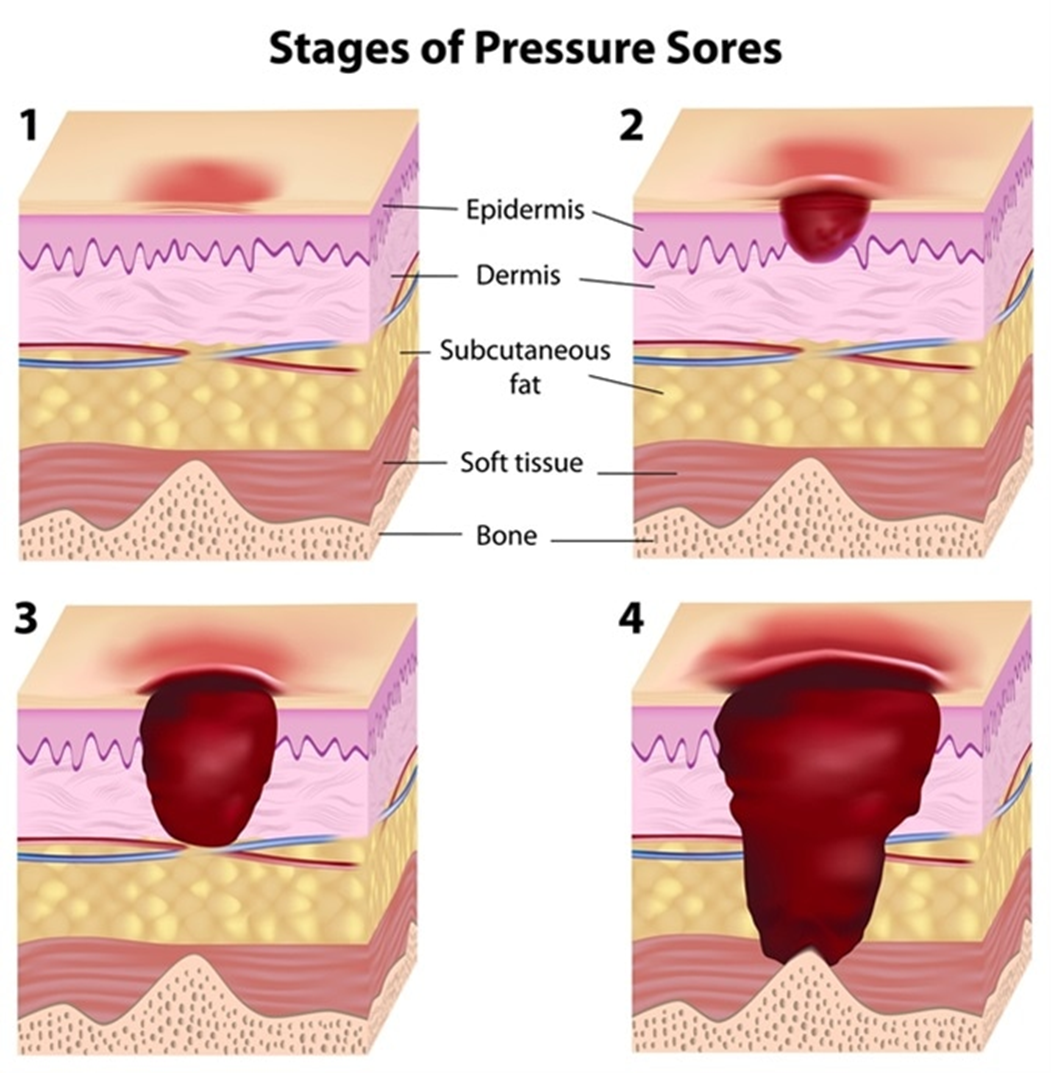A nurse on a medical-surgical unit is caring for a group of clients with the assistance of a licensed practical nurse (LPN) and an assistive personnel. Which of the following tasks should the nurse assign to the LPN?
Accompanying a client who just had a wound debridement to physical therapy
Providing postmortem care for a client who has just died
Obtaining a urine specimen from an older adult client
Reinforcing dietary teaching with a client who has heart disease
The Correct Answer is D
Choice A reason: Accompanying a client who just had a wound debridement to physical therapy is not a task that the nurse should assign to the LPN, as it requires the nurse to monitor the client's vital signs, wound status, and pain level. The nurse should accompany the client and delegate other tasks to the LPN or the assistive personnel.
Choice B reason: Providing postmortem care for a client who has just died is not a task that the nurse should assign to the LPN, as it requires the nurse to verify the death, notify the provider and the family, and document the care. The nurse should provide postmortem care and delegate other tasks to the LPN or the assistive personnel.
Choice C reason: Obtaining a urine specimen from an older adult client is not a task that the nurse should assign to the LPN, as it is a basic skill that the assistive personnel can perform. The nurse should assign this task to the assistive personnel and supervise their work.
Choice D reason: Reinforcing dietary teaching with a client who has heart disease is a task that the nurse should assign to the LPN, as it is within the LPN's scope of practice to reinforce the teaching that the nurse has initiated. The nurse should provide the initial teaching and evaluate the client's learning.
Nursing Test Bank
Naxlex Comprehensive Predictor Exams
Related Questions
Correct Answer is D
Explanation
Choice A reason: This client does not need an interdisciplinary conference because their condition is not complex or chronic. The nurse can manage the client's care by monitoring their vital signs, fluid intake and output, and hydration status. The nurse can also educate the client on how to prevent orthostatic hypotension by changing positions slowly and wearing compression stockings.
Choice B reason: This client does not need an interdisciplinary conference because their condition is well-controlled and self-managed. The nurse can manage the client's care by checking their blood glucose levels, administering insulin as prescribed, and providing dietary and lifestyle education. The nurse can also collaborate with the diabetes educator or the endocrinologist if needed.
Choice C reason: Although this client is at risk for pressure ulcers, their albumin level is within the normal range, indicating adequate nutritional status. Low albumin levels are often associated with poor wound healing and increased risk of skin breakdown, but in this case, nutrition does not appear to be a concern. Preventive measures, such as regular repositioning, skin assessments, and pressure-relieving devices, can be implemented by nursing staff without requiring an interdisciplinary meeting.
Choice D reason:This client is the most appropriate candidate for an interdisciplinary conference. The activated partial thromboplastin time (aPTT) is a critical lab value for monitoring heparin therapy, and a level of 34 seconds is below the therapeutic range. A subtherapeutic aPTT increases the risk of clot formation, indicating that the heparin dose may need to be adjusted. An interdisciplinary team, including the physician, pharmacist, nurse, and laboratory personnel, should collaborate to ensure safe and effective anticoagulation management. This conference would allow for a discussion on dosage adjustments, potential medication interactions, and continued monitoring to prevent complications such as deep vein thrombosis or pulmonary embolism.

Correct Answer is C
Explanation
Choice A reason: A provider's prescription is not a resource for developing a standard for removal of indwelling urinary catheters. A prescription is a specific order for a particular client, not a general guideline for a group of clients.
Choice B reason: Maslow's hierarchy of needs is not a resource for developing a standard for removal of indwelling urinary catheters. Maslow's hierarchy of needs is a theory of human motivation that ranks the basic needs of individuals from physiological to self-actualization. It does not provide specific information on how to perform nursing interventions.
Choice C reason: Evidence-based practice is a resource for developing a standard for removal of indwelling urinary catheters. Evidence-based practice is the integration of the best available research evidence, clinical expertise, and client preferences and values into clinical decision making. It helps to ensure that the nursing care is effective, safe, and consistent.
Choice D reason: A critical pathway is not a resource for developing a standard for removal of indwelling urinary catheters. A critical pathway is a tool that outlines the expected course of treatment and outcomes for a specific diagnosis or procedure. It does not provide detailed instructions on how to perform nursing interventions.
Choice E reason: A surgical record is not a resource for developing a standard for removal of indwelling urinary catheters. A surgical record is a document that records the details of a surgical procedure, such as the type of surgery, the anesthesia used, the operative findings, and the complications. It does not provide information on the postoperative care of the client.
Whether you are a student looking to ace your exams or a practicing nurse seeking to enhance your expertise , our nursing education contents will empower you with the confidence and competence to make a difference in the lives of patients and become a respected leader in the healthcare field.
Visit Naxlex, invest in your future and unlock endless possibilities with our unparalleled nursing education contents today
Report Wrong Answer on the Current Question
Do you disagree with the answer? If yes, what is your expected answer? Explain.
Kindly be descriptive with the issue you are facing.
